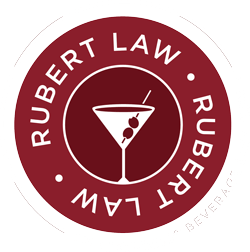A Certificate of Label Approval (COLA) is required from the Alcohol and Tobacco Tax and Trade Bureau (TTB) before a brewer can bottle, can or fill kegs with a malt beverage. Obviously, securing a COLA is something that many local breweries handle themselves. But who gets the COLA when there are alternating proprietors or a contract brewing arrangement? The short answer is whoever bottles the beverage. To better understand the question and the answer, it’s best to look at the differences in how each business is set up.
Contract Brewing
Contract brewing is an agreement where the beer company hires a brewer to brew beer to the company’s specifications. Some large brands like Pabst do this, while other smaller independently owned beer companies do it to accommodate volume if they have outgrown their own facility, to assist with distribution if the market is thousands of miles from the company, or they are brewers who have no physical plant and exclusively hire contract breweries to do all production. The contract brewer then packages it and ships it from the brewery to distributors and retailers. As the brewer, the contractor must also:
- Submit the formula if required.
- Submit the COLA if required.
- Keep appropriate records.
- Pay taxes once the product is shipped.
The contract brewer also holds the title to the beer as well as ingredients. This should all be outlined in the contract between the company and the brewery.
Alternating proprietorship
Large breweries like Budweiser have factory shifts. Smaller companies, on the other hand, do not need to do this. The reasons can include meeting but not exceeding demand, a limited sized staff, or one proprietor is a tenant who does not have the capital to own the building and equipment. Nonetheless, they handle their details:
- They brew their beer and hold the title.
- Each proprietor runs its production and removal.
- The obtain necessary COLAs.
- They pay tax on shipped beer.
Make sure this is all put in writing
Many brewers will conduct business with a handshake, mainly when working with friends. However, it is a good idea to have a contract drafted by an attorney that determines whether the agreement is for a contract brewer or an alternating proprietorship. The contract will outline each party’s obligations and make sure that someone gets that necessary COLA.
